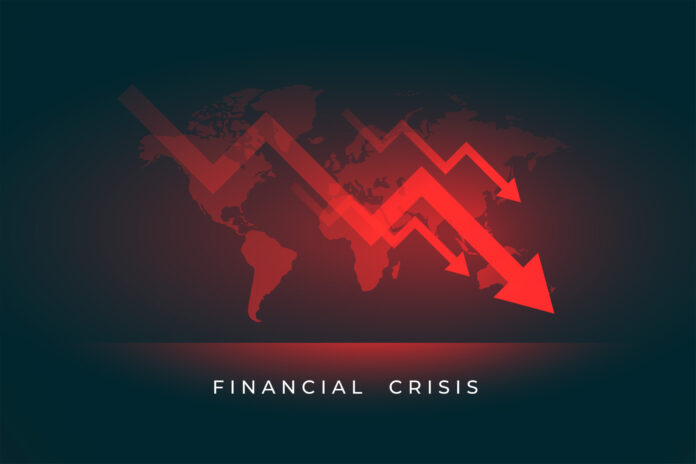Global market crashes are complex events often resulting from a confluence of factors rather than a single cause. The interconnected nature of modern economies means that disturbances in one part of the world can swiftly ripple across global markets. Understanding these causes requires a look at several key elements that often contribute to such market downturns.
- Economic Indicators and Data
Economic indicators provide insights into the health of an economy. When these indicators point to negative trends, such as declining Gross Domestic Product (GDP), rising unemployment rates, or weakened consumer spending, investor confidence can be shaken. Investors rely on these indicators to gauge the overall economic environment, and negative data can lead to panic selling and market declines.
- Geopolitical Events
Political instability, international conflicts, or significant geopolitical events can create uncertainty and affect global markets. For instance, tensions between major world powers, wars, or territorial disputes can disrupt trade, impact economic stability, and cause investors to flee to safer assets, leading to market sell-offs.
- Financial Crises
Financial systems are susceptible to crises that can have far-reaching effects on global markets. Issues such as banking crises, sovereign debt defaults, or systemic failures within financial institutions can undermine market stability. These crises can erode trust in financial systems and lead to widespread market turmoil.
- Inflation and Interest Rates
Inflation, or the rate at which prices for goods and services rise, can impact investor sentiment and economic stability. High inflation can erode purchasing power and reduce consumer spending. Additionally, central banks may adjust interest rates in response to inflationary pressures or economic slowdowns. Significant or unexpected changes in interest rates can affect borrowing costs, investment decisions, and ultimately, market performance.
- Market Speculation and Sentiment
Investor sentiment and speculative behavior can significantly influence market dynamics. Bubbles often form when asset prices are driven up by speculative investments rather than underlying economic fundamentals. When these bubbles burst, they can lead to sharp declines in market values. The emotional and psychological aspects of market behavior can thus contribute to rapid and severe market corrections.
- Global Events
Unexpected global events, such as pandemics, natural disasters, or major technological disruptions, can have profound effects on markets. For instance, the COVID-19 pandemic significantly disrupted global economic activities, leading to sharp market declines. These events can alter economic expectations, disrupt supply chains, and impact investor confidence.
- Corporate Earnings and Financial Health
The performance of major corporations can also impact global markets. Poor earnings reports, financial difficulties, or scandals involving significant companies can lead to broader market declines. As large corporations often have substantial influence on market indices, their troubles can have a ripple effect across the global economy.
In summary, global market crashes are typically the result of a combination of factors, including economic data, geopolitical events, financial crises, inflationary pressures, market speculation, global disruptions, and corporate performance. Each crash has its own unique context, and understanding the specific causes requires a thorough analysis of the prevailing economic and geopolitical conditions.
By examining these factors, investors and policymakers can better prepare for and respond to potential market downturns. While it is challenging to predict precisely when and why a market crash might occur, being aware of these contributing elements can help in navigating and mitigating the effects of such global financial events.



